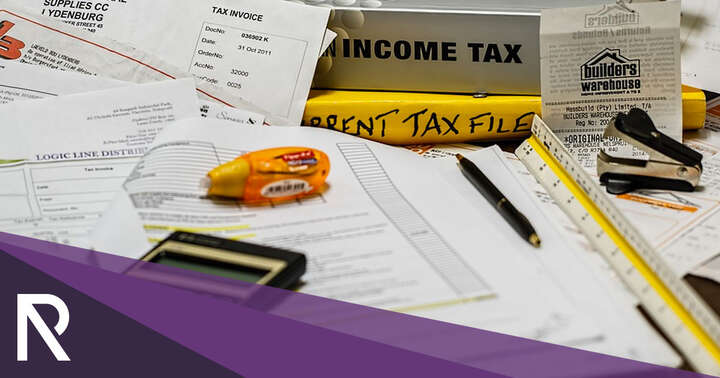How to Maximise Tax Deductions for Your Rental Property

Tax time is here. And if you own a rental property, you could save a lot of money on your taxes. In fact, there are a plethora of deductions available to investment property owners. Start preparing your documents now, so you don't have to scramble at the last minute to get it done. If you're not sure where to start, keep reading to learn how to maximise your tax return.
Keep All Receipts and Documents
Although you may not need every single receipt related to your property, it is still a good idea to save everything for your own records. Of course, this will make things easier come tax time, as well. If you don't want to save everything, save all receipts and documents relating to any work you've had done on the property.
This should include repairs and improvements. You should also keep records of any staff you employ and how much you pay them. They include property managers, solicitors, real estate agents and maintenance workers.
Work With a Tax Professional
A dedicated tax professional can alert you to any changes to the tax code that may have slipped your notice. Take the time to find an accountant or another tax professional who specialises in working with rental property owners. This area of investing can get quite complicated from a tax perspective, especially if you own multiple rental properties. A professional who is familiar with this area can ensure you get the greatest deductions available and will be well-versed in the latest tax cuts.
In talking with your tax professional, aim to be brief and to-the-point so you can maximise your time together. However, don't be shy about asking questions if you are unsure about something or don't quite understand. Always be upfront and honest with your tax professional about your finances to ensure your taxes are correct, minimising your risk of an audit in the future.
Claiming Deductions
There are numerous tax deductions available to owners of rental properties, including:
- Repairs and Maintenance: This includes things like fixing broken windows, repainting the exterior, applying deck sealant and anything else to keep the property in good shape. For repairs, this deduction only applies to repairs to restore the broken feature to its original condition.
- Renovations and Improvements: Improving your property gets its own category. You deduct them over time, rather than in a single instalment like with repairs and maintenance. If you upgraded your property in the process of repairing something, the deduction would be split between the two categories according to cost.
- Property Management: Any fees you pay to a property manager, advertising costs, body corporate payments and the like fall under property management.
- Home Loan Interest: If you took out a home loan to purchase your rental property, you can deduct any interest you paid on that loan over the year.
- Legal Expenses: Evicting non-compliant tenants, drawing up rental agreements and other similar activities incur legal fees. You can deduct these expenses when you lodge your taxes.
- Depreciation: Any appliances or furnishings you include with your rental property will depreciate over time. Be sure to get a depreciation schedule from a builder or tradie to ensure you are claiming everything properly.
Tax time may seem a bit intimidating, especially if you are new to property investing. However, with a bit of research and preparation, you'll be well-prepared to make the most of rental property tax deductions. Take a deep breath and approach your taxes calmly to have the most stress-free tax experience possible.
